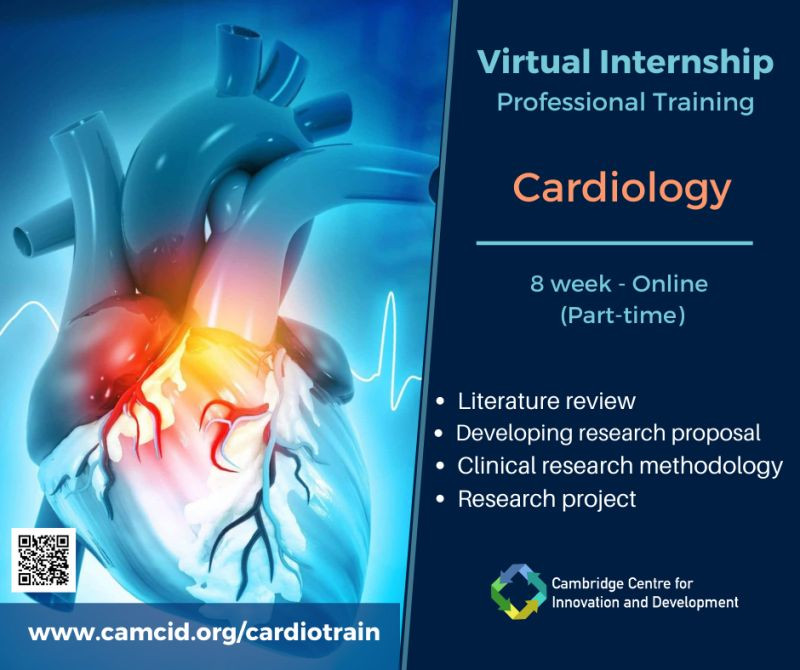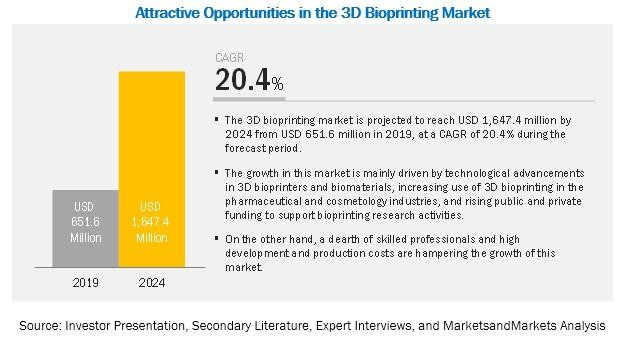The latest developments on the gene therapy frontier
Gene therapy is once again at the forefront of biomedical research, catalyzed by advances in safer delivery of genes to cells. Science may also move quickly past gene replacement therapy to gene editing via CRISPR and other methods, an approach in which the unknowns are even greater and clinical results are just beginning to emerge.
#genetherapy #genetictherapy

Gene Therapy | BioPharma Dive
BioPharma
https://www.biopharmadive.com/trendline/gene-therapy/41/?utm_source=BPGT&utm_medium=InlineNov3&utm_campaign=Medrio&utm_content=ad-INLINE_SPOT_1&utm_term=47977𝙇𝙖𝙩𝙚𝙨𝙩 𝙄𝙣𝙙𝙪𝙨𝙩𝙧𝙮 𝙍𝙚𝙨𝙚𝙖𝙧𝙘𝙝 𝙋𝘿𝙁, 𝙍𝙚𝙦𝙪𝙚𝙨𝙩 𝙃𝙚𝙧𝙚- https://lnkd.in/eR2nC5Us
The #CRO services market size is projected to reach USD 90,926.3 Million by the end of 2026, exhibiting a CAGR of 11.4% in the forecast period (2019-2026). However, the market was worth USD 38,396.4 Million in 2018.
North America to Dominate: Increasing Research & Development Activities to Favor Growth
The market can be geographically categorized into Latin America, Europe, North America, the Middle East and Africa, and Asia Pacific. Amongst them, North America will be in the dominant position during the forthcoming years.
#radiology #opportunities #surveillance #tech #futureofwork #Healthcare #pharmaceutical #research #pharmaceuticals #economy #greentech #growth #business #medicine #hospital #data #telemedicine #telemedicina #opentowork #onlineconsultation #Startup #StartupFunding #medicaldevices #medicalequipment #medical #usa #europe #london #canada #france #statistics #investment #australia #health #environment #compliance #Healthcare #development #africa #middleeast #latinamerica #asiapacific #medicalsciences #jointreplacement #

Request Sample PDF - CRO Services Market Worth $163.48 Bn by 2029 | 12.1% CAGR
The global CRO services market is projected to grow from $73.38 billion in 2022 to $163.48 billion by 2029, at a CAGR of 12.1% in forecast period, 2022-2029
https://lnkd.in/eR2nC5UsRead the case study- https://bit.ly/3aRRIm5 to learn how Medical Research Initiatives leveraged the docAlpha digital transformation platform as a key component in their strategy to streamline its operations and ensure greater agility and responsiveness.
MRI implemented a system of efficiency by intelligently capturing patient records using docAlpha, and realized their vision for a more agile patient scheduling process.
With docAlpha, Medical Research Initiatives could rely on a system capable of automatically classifying, extracting, and filing documents.
#Healthcare #digitaltransformation #healthtech #patientrecords #digitalhealth #medicalresearch #intelligentcapture #datacapture
By Helen Floersh
-
The over-prescription of addictive opioid pain medications has led to untold suffering on account of widespread abuse. Still, the drugs are effective in patients with cancer or who are recovering from surgery, creating a need for a viable alternative or adjunct treatment to reduce reliance on opioids for pain relief.
Now, University of California, San Francisco (UCSF) scientists funded by a DARPA grant have identified a new set of non-opioid molecules that ease pain without sedation, according to a study published Sept. 30 in Science. Their hope is that the drugs can be used alongside opioids, lowering the dose needed for relief.
“If we can create a drug that works in combination with a much lower dose of opiate, that would be the dream,” Allan Basbaum, Ph.D., co-author and UCSF anatomy chair, said in a press release.
Read more at https://www.fiercebiotech....
From Ken Checicki on LinkedIn
by John R. Fischer, Senior Reporter |
-
Amyloid PET scans can accurately diagnose or rule out Alzheimer’s disease in veterans with memory loss and may be useful for managing their long-term clinical care.
That’s what researchers in the Memory Disorders Clinic at the VA Boston Healthcare System found in two studies on the scans, which are minimally invasive diagnostic procedures for measuring amyloid, a naturally occurring protein in and common biomarker of the disease.
The clinic is one of the few VA programs where this type of imaging is conducted, with others and private sector facilities not typically performing it, because of insurers and Medicare not reimbursing for it, despite being FDA-approved.
Read more at https://www.dotmed.com/new...

Amyloid PET scans can rule out Alzheimer's, inform long-term care planning
Two studies assessed 565 veterans
https://www.dotmed.com/news/story/58928by John R. Fischer, Senior Reporter
-
More than one fifth of women between 35 and 44 say they have never received a mammogram and have no plans of getting one.
Breast cancer kills about 42,000 American women each year, yet only 43% know their family history of the disease and 32%, their own individual risk factors, according to researchers at Orlando Health.
In a national survey commissioned by the university, 22% of women said they did not plan on getting a mammogram and have not had one prior. The researchers say decisions like this put women at greater risk of being diagnosed with an advanced form of the disease.
Read more at https://www.dotmed.com/new...
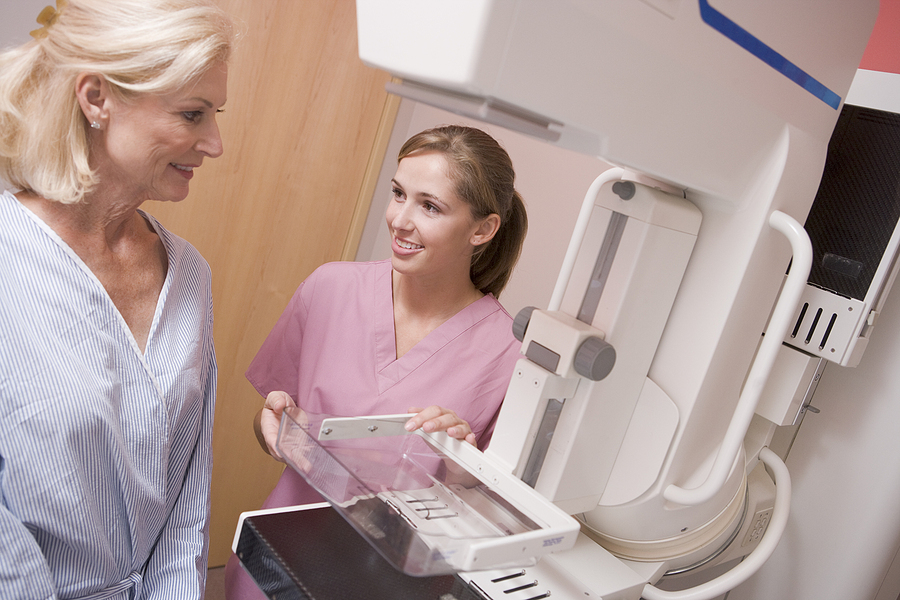
Too many women in the US are skipping, or not thinking about, mammograms
Survey found more than one-fifth between ages 35 and 44 have no plans to get one
https://www.dotmed.com/news/story/58914by John R. Fischer, Senior Reporter
-
UK Biobank has partnered with the Medical Research Council, Calico Life Sciences and the Chan Zuckerberg Initiative on a $30 billion endeavor to utilize repeat scanning on 60,000 participants to better track and understand disease progression in humans as they age.
The first phase of the baseline project began in 2014 and has resulted in the world's largest imaging dataset. Researchers involved have captured MR data from the brains, hearts and abdomens; bone density; and ultrasound scans of the carotid arteries for over 50,000 participants.
Read more at https://www.dotmed.com/new...
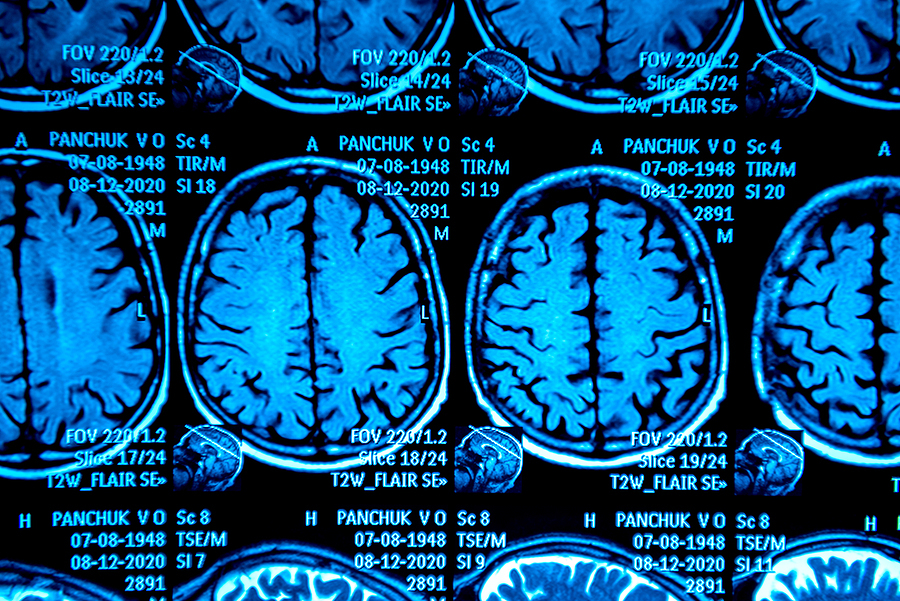
UK Biobank creating world's largest longitudinal imaging dataset to track disease progression
Will perform repeat scanning on 60,000 participants
https://www.dotmed.com/news/story/58877by John R. Fischer, Senior Reporter
-
Residents living in U.S. counties deemed more vulnerable than others were less likely to receive timely screenings for breast, cervical and colorectal cancer.
Socioeconomic status and racial and ethnic minority status, along with other factors, determine a county’s social vulnerability index (SVI), which uses census data to determine how vulnerable a county or regional area is. Those with high SVIs had lower screening rates, according to a population-based, cross-sectional study by researchers at UTHealth Houston.
Read more at https://www.dotmed.com/new...
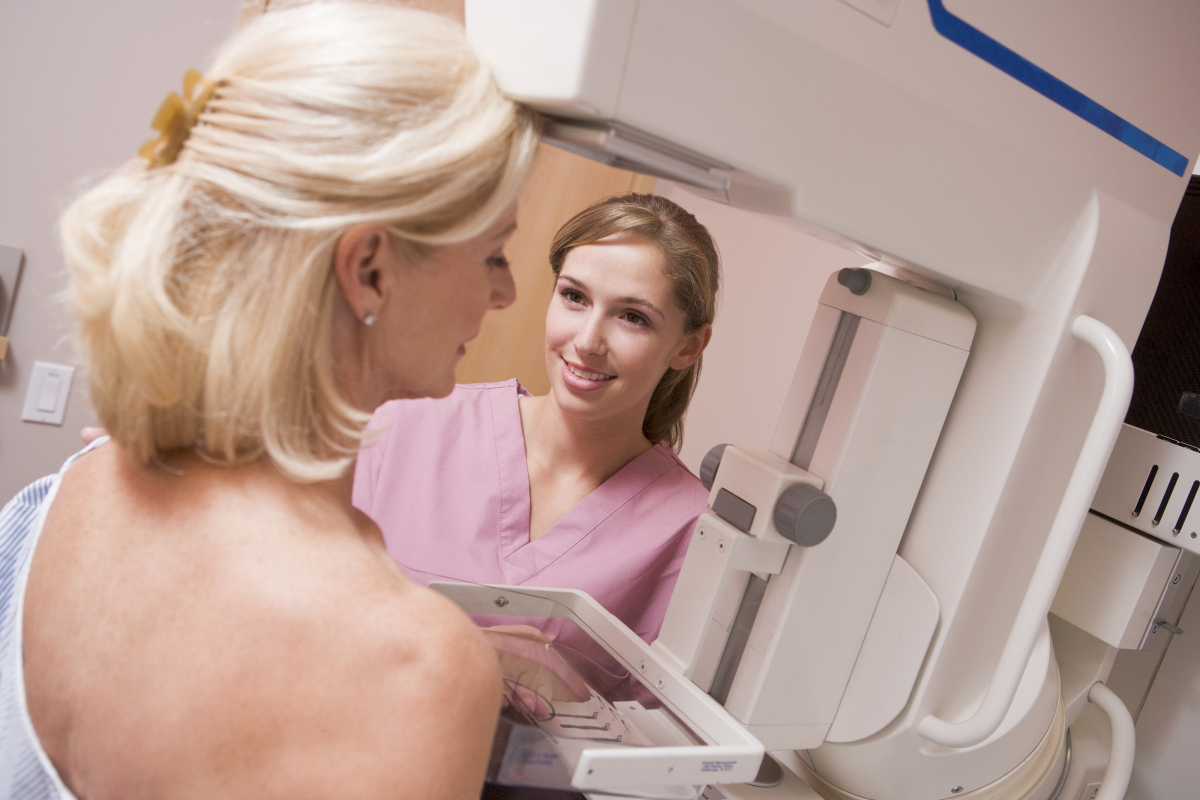
Geographic cancer screening disparities in US linked to county vulnerability scores
Socioeconomic status, racial/ethnic minority status determine social vulnerability
https://www.dotmed.com/news/story/58884by John R. Fischer, Senior Reporter | September 23, 2022 Cyber Security Health IT
Cyberattacks on healthcare organizations raise mortality rates by more than 20%.
Cyberattacks on healthcare organizations raise mortality rates by over 20%, according to a new report published by enterprise security company Proofpoint’s Ponemon Institute.
Speaking with 641 healthcare IT and security personnel, researchers at the Ponemon Institute found that 89% saw an average of 43 attacks in the past 12 months, with over 20% experiencing compromise
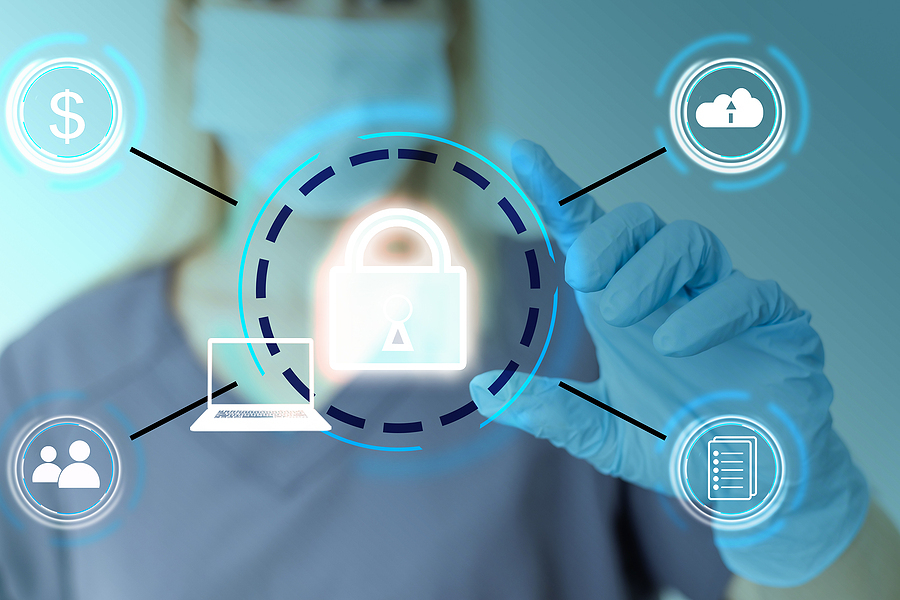
Healthcare cyberattacks drive mortality rates 20% higher
Nearly 90% of IT personnel saw an average of 43 attacks in the last year
https://www.dotmed.com/news/story/58811https://flearningstudio.co...
Get PDF Brochure: https://lnkd.in/e9JsJfWp
Cell culture is a continuous process of developing substrates for the safe production of viral vaccines. However, increasing global demand and strict safety rules for novel vaccines to control and eradicate the coronavirus's spread has forced researchers and manufacturers toward the development of cell cultu
Get PDF Brochure: https://lnkd.in/dAPVWgSc
#3D #bioprinting #technolog



